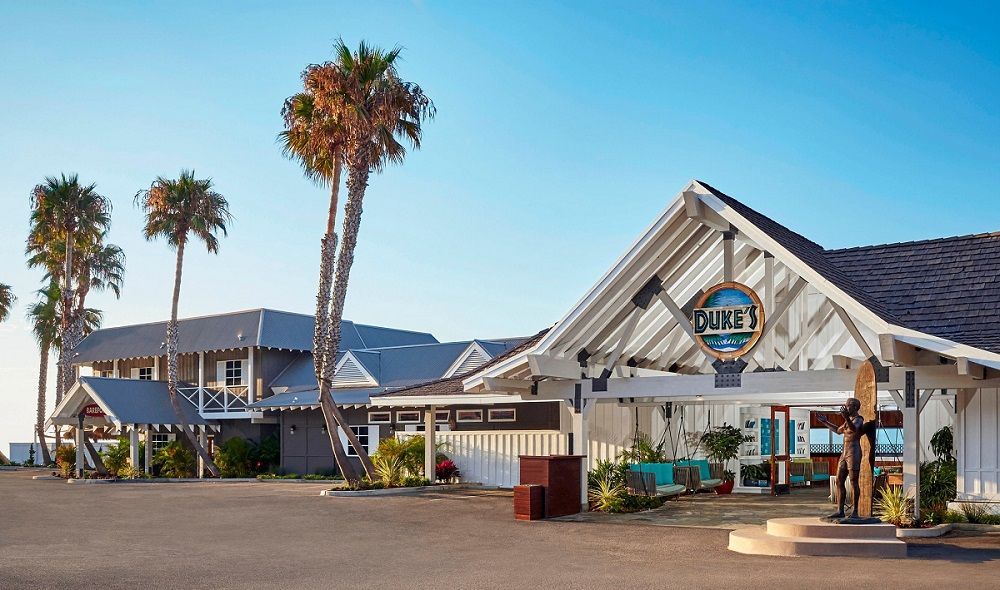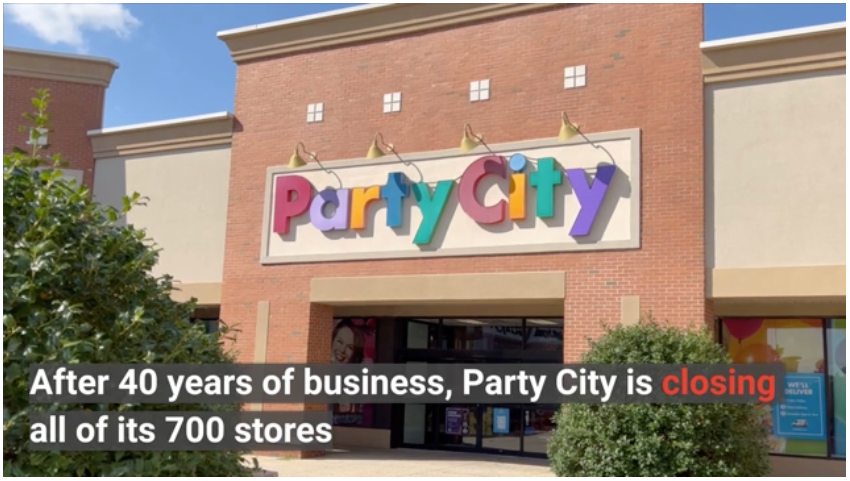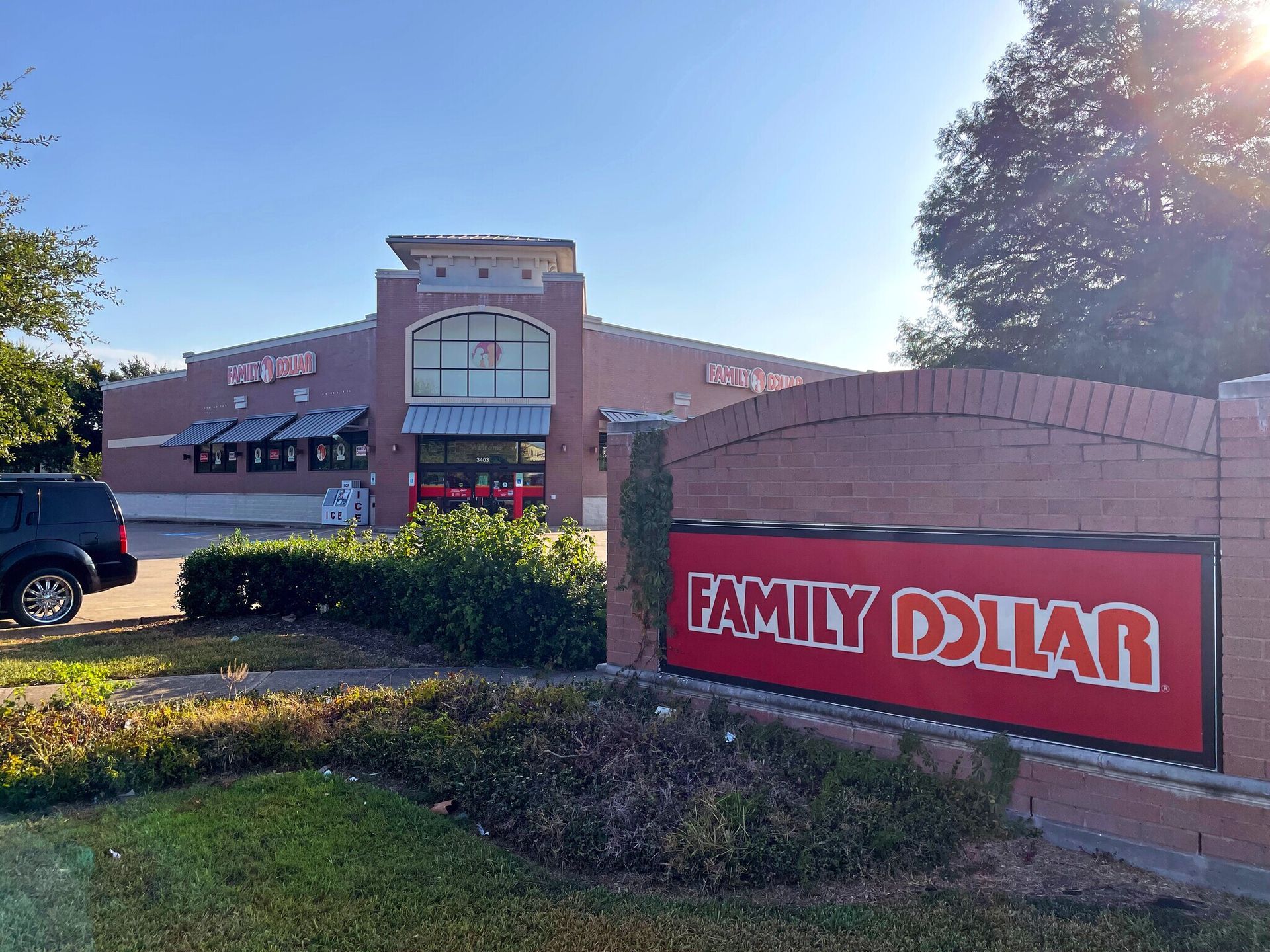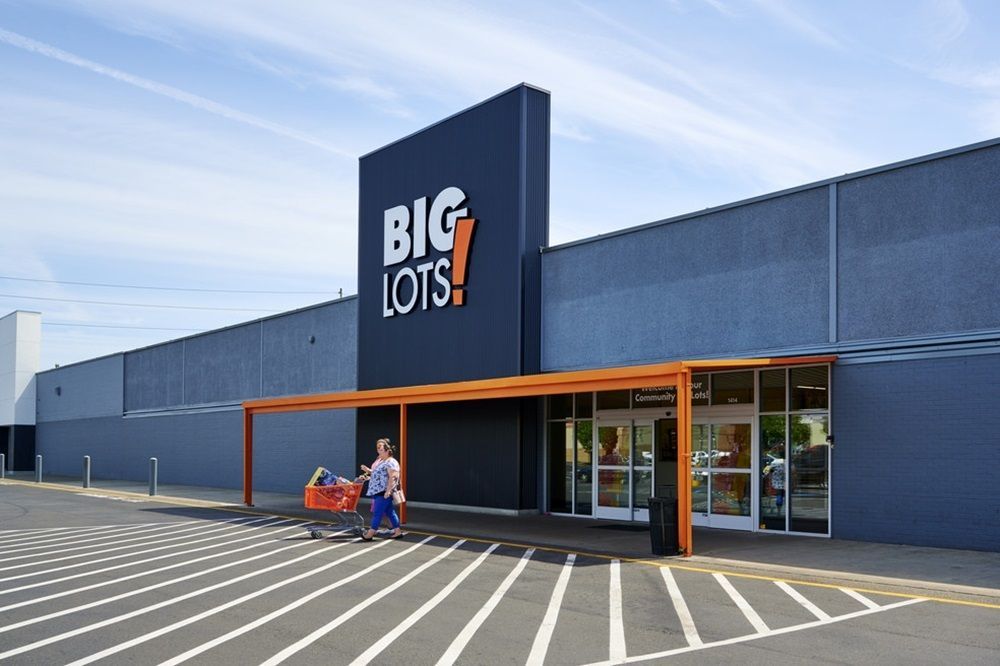Weekly Perl: A Commercial Real Estate News Recap


Duke’s Malibu Sends Message of Aloha After Mudslide Closure
Duke’s Malibu, a popular beachfront restaurant on the Pacific Coast Highway, has given us hope with a social media update on March 25 after online fears and rumors that the PCH institution might not return after all.

Map of the 27 Kohl's Stores Closing Across 15 States This Weekend
Kohl's is shutting down 27 stores across 15 states this weekend, a major downsizing move that reflects broader challenges in the U.S. retail sector. Newsweek previously reported that the closures are part of a strategic reevaluation as the company seeks to optimize its store footprint while expanding its partnership with Sephora.

Mayor Bass Backtracking On Measure ULA Pause
Bass said at a March 11 press conference, in response to a question about fires, rebuilding and Measure ULA, that she was looking into pausing the real estate transfer tax. Bass briefly sketched out a possible path of action involving collaboration between the city council and her office.

Dollar Tree to sell Family Dollar for $1 billion, a fraction of what it paid
Discount giant Dollar Tree is offloading Family Dollar at a bargain basement price, roughly $1 billion, after spending about a decade of unsuccessfully trying to turn around the chain and finally searching for a buyer.

On Cusp of More Growth, a Conversation with Whataburger CEO Debbie Stroud
Whataburger has hardly been idle in its 75th year. Debbie Stroud, then EVP and COO, succeeded Ed Nelson as CEO to begin the calendar in January. The former SVP, U.S. retail operations at Starbucks, who also clocked 27 years with McDonald’s, joined Whataburger in 2023. Just this week, the company also named Todd Ewen CDO. Ewen, too, came over with McDonald’s experience, where he served a development director and real estate manager at the burger giant.

Advance Auto Parts plans new stores after closing hundreds of locations
After closing hundreds of its stores to “optimize” its U.S. store footprint, Advance Auto Parts is ready to expand.

Silver lining from recent run of store closings: more available retail space
Space availability in the U.S. retail market has been incredibly tight in the past few years as the post-pandemic spending boom drove property demand to records while high construction costs and limited financing kept a lid on stores getting built. As a result, retailers have faced significant challenges in securing space for new stores, leading to fierce competition and rising rental rates.
Forever 21’s Bankruptcy Could Be a Win for Mall Owners
Forever 21’s second bankruptcy in six years is set to trigger one of the biggest waves of store closures malls have seen in years. Yet, many mall owners view this as a chance to attract stronger tenants willing to pay higher rents and draw more foot traffic, according to the WSJ.
Retail Rebounds, But Consumer Confidence Is Shakier Than Ever
In March 2020, as COVID-19 spread across the globe, retailers faced an unprecedented crisis. Nonessential stores shuttered, shopping habits shifted overnight, and supply chains became strained. While vaccines and government stimulus helped stabilize the economy, the pandemic negatively affected consumer behavior and the retail landscape, according to Retail Dive.








